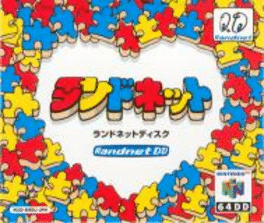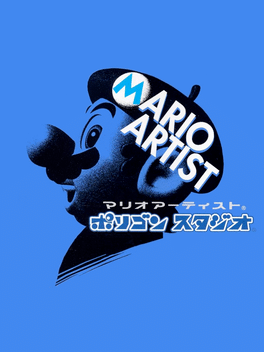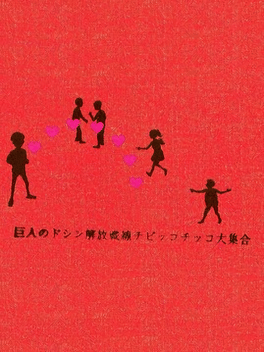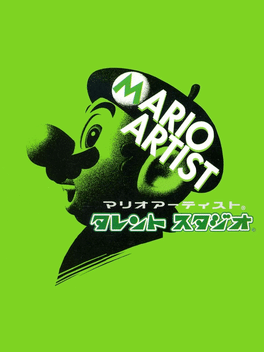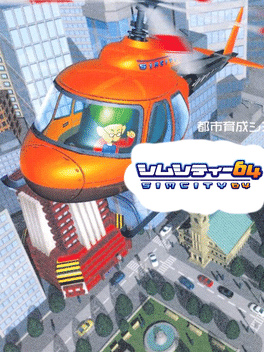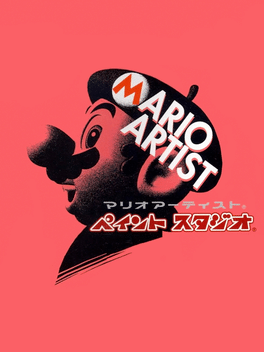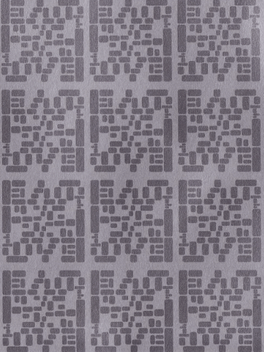New 64dd Games
-
Randnet Disk
2001
Randnet Disk
2001
The Randnet Disk is the Disk for Nintendo 64 DD that allowed the players to access the internet via the Randnet service, only released in Japan. -
Mario Artist: Polygon Studio
2000
Mario Artist: Polygon Studio is an art program allowing players to construct their own 3D models and add colors and textures to them. These objects can then be inserted into pre-made movies and animations. Another notable feature is a series of microgames, believed to be the inspiration for the WarioWare series, as it includes many almost identical games. Other games allow the player to use their 3D models. -
Mario Artist: Communication Kit
2000
Mario Artist: Communication Kit serves as an add-on and accessory to the other Mario Artist games. It allowed players to connect to the Internet via RandNetDD and show off their creations to other players. While connected, players can use their characters to explore a virtual 3D community. There is also exclusive content on the disk that can be imported to the other Mario Artist titles. -
Kyojin no Doshin Kaihou Sensen Chibikko Chikko Daishuugou
2000
Kyojin no Doshin Kaihou Sensen Chibikko Chikko Daishuugou is a game for the Nintendo 64DD, and a successor to Doshin the Giant 1. It was one of the games which supported the Randnet online service. A game in which Doshin is imprisoned. Switching between this game and Doshin the Giant 1, the player must, as before, build various monuments. Special movies are unlocked while playing the game. -
Japan Pro Golf Tour 64
2000
Japan Pro Golf Tour 64 is a golf simulation game, developed for the short-lived Nintendo 64 Disk Drive add-on. It is best-known for being the only title for the system to offer a form of online play. The game features six gameplay modes, polygonal graphics, and a player editor. One or two players can compete in Match Play mode while up to four can compete for the best score in the 18-hole Stroke Player mode. The game also sports a Grand Opening Mode (compete with the world's best Japan Pro-Golfers,), a Career Mode, Qualifying Tournament (you create your own player and start with a handicap of 0) and Network Opening. The latter lets you connect to Randnet and compete in an All-Japan tournament. -
Mario Artist: Talent Studio
2000
In Mario Artist: Talent Studio, the player can create their own characters in 3D, customizing features such as hair, skin, and eye color, voice, clothes, facial features, and body size and type. The process is similar to Nintendo's later Miis, but much more detailed. The characters can then be inserted into movies and animations. Events during these movies can be controlled by pressing the Z-trigger. Images from external video can be imported using the Capture Cartridge. -
SimCity 64
2000
SimCity 64
2000
SimCity 64 is a city-building video game released only in Japan for the Nintendo 64DD, sequel to the SNES version of SimCity. It was the last SimCity game to feature the mayor assistant Mr. Wright. -
Mario Artist: Paint Studio
1999
Mario Artist: Paint Studio is a Mario-themed drawing program that includes several Nintendo-related stamp tools. The game is similar to Mario Paint, but with more features. It was one of only two launch titles for the 64DD. Images could be imported from an RCA source using the capture cartridge or a Game Boy Camera. It also came with a unique four-player drawing mode where four players could collaborate to make one drawing together. -
Doshin the Giant 1
1999
Doshin the Giant 1
1999
Doshin the Giant, (or Kyojin no Doshin) is a god simulation game for the Nintendo 64DD. It was originally released in Japan on December 1, 1999 as a launch title for the 64DD, for which a soundtrack by Tatsuhiko Asano was released on CD by Media Factory, early the next year. Both of these received positive reviews. An expansion was released five months later called Kyojin no Doshin Kaihou Sensen Chibikko Chikko Daishuugou (or Kyojin no Doshin 2), which takes a very different perspective of the game, featuring short animated clips that the player can unlock after playing the original game. The game had an enhanced port with better graphics for the Nintendo GameCube, which was released in Europe under the name "Doshin the Giant". Even though untranslated, the game has the English official title of Doshin the Giant 1, according to the official website (English version).
